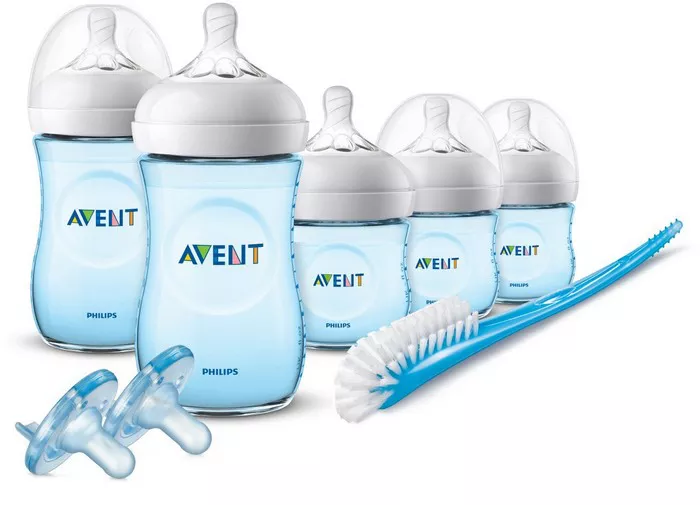Glass feeding bottles have gained popularity among parents for their durability, ease of cleaning, and the absence of harmful chemicals found in some plastics. However, there remains a common question among caregivers: can glass feeding bottles be safely boiled? In this comprehensive guide, we delve into the intricacies of boiling glass feeding bottles, addressing concerns, benefits, and best practices.
Understanding Glass Feeding Bottles:
Glass feeding bottles have been a staple in infant feeding for decades. Unlike plastic bottles, which can potentially leach chemicals like bisphenol-A (BPA) and phthalates, glass bottles offer a safer alternative. They are nonporous, meaning they don’t absorb odors or flavors from previous feedings, and they are generally more durable, resisting scratches and stains.
Benefits of Boiling Glass Feeding Bottles:
Boiling glass feeding bottles can serve several purposes, each contributing to the overall hygiene and safety of infant feeding. Here are some benefits:
1. Sterilization: Boiling glass bottles effectively kills bacteria, viruses, and other pathogens, ensuring that feeding equipment is safe for infants, particularly newborns who have weaker immune systems.
2. Removal of Residue: Boiling helps remove any milk or formula residue that may be stuck to the bottle, nipples, or other components, preventing the buildup of bacteria and reducing the risk of contamination.
3. Peace of Mind: For many caregivers, boiling glass feeding bottles provides peace of mind, knowing that they’ve taken an extra step to ensure the cleanliness of their baby’s feeding equipment.
4. Longevity: Properly sterilized and maintained glass feeding bottles can last longer, saving money in the long run and reducing environmental waste associated with disposable bottles.
Can Glass Feeding Bottles Be Boiled?
The short answer is yes, glass feeding bottles can be safely boiled. However, there are some important considerations to keep in mind to ensure the process is effective and does not damage the bottles.
1. Choose Borosilicate Glass: Not all glass is created equal. When selecting glass feeding bottles, opt for ones made from borosilicate glass, which is designed to withstand high temperatures without shattering. Borosilicate glass is commonly used in laboratory glassware and is less prone to thermal expansion than regular glass.
2. Check for Cracks or Chips: Before boiling glass feeding bottles, carefully inspect them for any cracks, chips, or damage. Using damaged bottles can increase the risk of breakage during boiling or feeding, potentially causing harm to the infant.
3. Disassemble the Bottles: Before boiling, disassemble the glass feeding bottles, removing all components such as nipples, rings, and caps. This allows for thorough cleaning and ensures that all parts are properly sterilized.
4. Use a Large Pot: Choose a pot large enough to accommodate the glass bottles without crowding. Crowding can lead to uneven heating and increase the risk of breakage.
5. Use Sufficient Water: Fill the pot with enough water to completely submerge the glass bottles and other components. Ensuring adequate water coverage promotes even heating and thorough sterilization.
6. Avoid Sudden Temperature Changes: When boiling glass feeding bottles, avoid sudden temperature changes, such as placing hot bottles directly into cold water or vice versa. Rapid temperature changes can stress the glass and increase the risk of breakage.
7. Monitor the Boiling Process: Keep a close eye on the boiling process, ensuring that the water remains at a steady boil throughout. Avoid letting the water boil dry, as this can lead to overheating and potential damage to the bottles.
8. Allow Sufficient Cooling Time: After boiling, carefully remove the glass bottles from the pot using tongs or a heat-resistant glove. Place them on a clean towel or drying rack and allow them to cool completely before reassembling and using them for feeding.
Alternative Sterilization Methods:
While boiling is a common and effective method for sterilizing glass feeding bottles, there are alternative methods that caregivers may consider:
1. Steam Sterilization: Electric steam sterilizers are available on the market and offer a convenient way to sterilize glass feeding bottles and other infant feeding equipment. These devices use high-temperature steam to kill bacteria and other pathogens without the need for boiling water.
2. Chemical Sterilization: Some caregivers opt for chemical sterilization methods using sterilizing solutions or tablets specifically designed for infant feeding equipment. These solutions are diluted with water and typically require soaking the bottles for a specified amount of time before rinsing.
3. Microwave Sterilization: Microwave sterilization bags are available for quick and convenient sterilization of glass feeding bottles in the microwave. These bags use steam generated by adding water and heating in the microwave to effectively sterilize feeding equipment.
Conclusion:
Boiling glass feeding bottles is a safe and effective method for sterilizing infant feeding equipment, providing peace of mind for caregivers and ensuring the safety and well-being of infants. By following best practices, such as choosing borosilicate glass bottles, inspecting for damage, and properly monitoring the boiling process, caregivers can confidently incorporate boiling into their infant feeding routine. Additionally, caregivers may explore alternative sterilization methods such as steam, chemical, or microwave sterilization for added convenience. Ultimately, the goal is to maintain a clean and hygienic feeding environment for infants, promoting their health and development.


